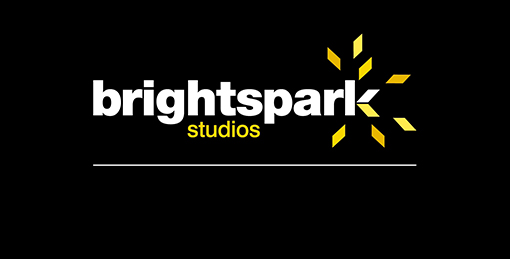Stroke Survivor TTEAM Toolkit / University of Nottingham

The Brief
The University of Nottingham’s Department of Rehabilitation and Ageing commissioned Bright Spark Studios to produce a series of short interview-based films as part of a research-led training toolkit exploring the challenges faced by stroke survivors returning to work.
The films were designed to support an interactive resource developed by a University researcher, offering real-world insight for employers and health professionals involved in post-stroke support.
Our Approach
We worked closely with the academic team to design a sensitive, accessible production process — ensuring contributors felt comfortable sharing their personal experiences.
Key elements included:
Filming Setup
A two-camera interview setup was used to capture natural, in-depth responses from stroke survivors. Filming took place in a quiet, accessible environment suited to participants’ needs.
Content Structure
Interviews were lightly guided to explore key themes such as the emotional impact of stroke, workplace adjustments, communication with employers, and the journey back to meaningful employment.
Post-Production
Interviews were edited into a series of short clips, each focused on a specific topic area. These were delivered in formats suitable for embedding within an online interactive toolkit and training sessions.
The Outcome
The completed videos now form a key part of the TTEAM training toolkit, supporting employer education and stroke awareness through first-hand testimony.
The films provide an authentic, human perspective that enhances the toolkit’s written guidance and research findings — helping users to better understand the barriers and enablers of post-stroke employment.
Feedback from the research team has been very positive, particularly regarding the clarity of the production, the respectful tone, and the suitability of the films for a diverse, professional audience.
Key Features:
- Two-camera interviews with stroke survivors
- Accessible and participant-friendly filming process
- Edited short-form clips aligned to toolkit topics
- Delivered in formats suitable for interactive use
- Produced in collaboration with University research staff
This project reflects our ongoing commitment to supporting research, inclusion, and public health communication — using video to give voice to lived experience and make complex topics more relatable.
